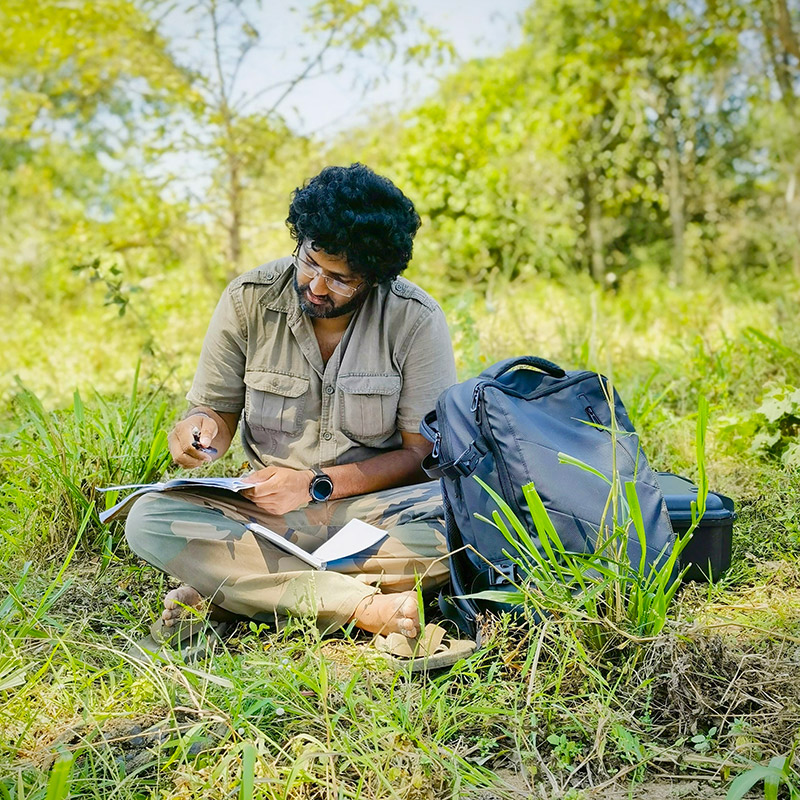
Biology alumnus receives Fulbright-National Geographic Award
The College of Wooster biology alumnus Sateesh Venkatesh ’10 was recently named one of five recipients to earn a prestigious Fulbright-National Geographic Award for […]
The world today faces pervasive challenges and presents promising opportunities. If you are passionate about global engagement, this Pathway offers you the practical experiences and skills for making a difference in the world.
The Global Impacts Pathway is designed for students interested in careers that seek to address international challenges, particularly in the areas of education, healthcare, and the environment, and especially in the developing world. This Pathway emphasizes service, experiential learning, and personal reflection and discovery, while offering an adaptable curricular structure. Students following this Pathway build connections with Wooster faculty, staff, and alumni who are committed to international development, exchange, and understanding.
Students who choose this pathway will develop knowledge and skills in these areas:
Students in this Pathway might consider careers in international service, economic development, NGOs and INGOs, international education, and more. Whether you’ve traveled the world widely and moved between cultures or have yet to study abroad, if you are looking forward to addressing important problems in an international context, this Pathway will help you cultivate the skills to succeed.
Students participating in the Global Impacts Pathway may elect to complete the College’s official Peace Corps Prep program. This requires only a few additional steps. This program can help students to successfully compete for admission into the Peace Corps after graduation. To earn a Peace Corps Prep certificate, students need to complete the requirements for the Global Impacts Pathway and then:
* The Peace Corps actively recruits speakers of French and Spanish, since these languages are spoken in many Peace Corps host countries. Students hoping to serve in a Spanish-speaking country should have strong intermediate proficiency in Spanish (two semesters at the 200 level).
* The Peace Corps values study abroad experiences, and especially those in developing countries.
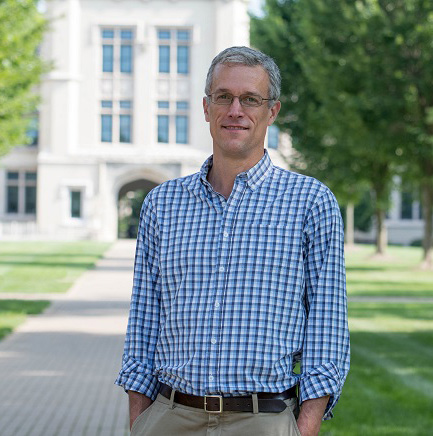
Department Chair and Inez K. Gaylord Professor of French and Francophone Studies

Theron L. Peterson and Dorothy R. Peterson Professorship in Biology
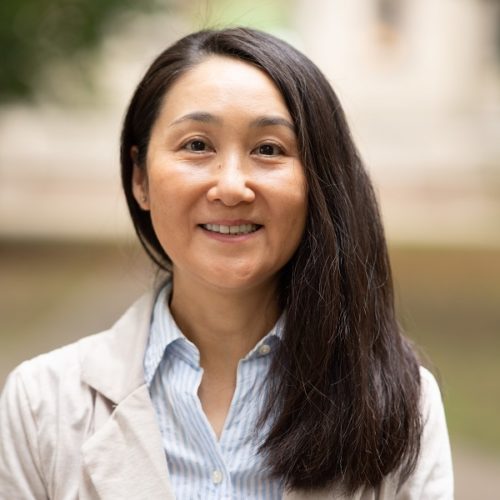
Professor of Sociology and Anthropology; East Asian Studies
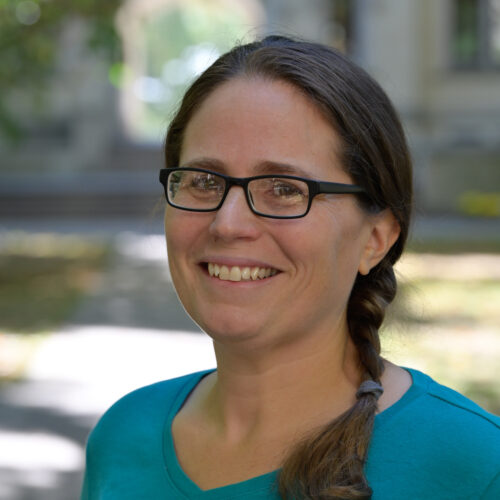
Pathways Program Coordinator, Global Engagement Office Administrative Coordinator

The College of Wooster biology alumnus Sateesh Venkatesh ’10 was recently named one of five recipients to earn a prestigious Fulbright-National Geographic Award for […]
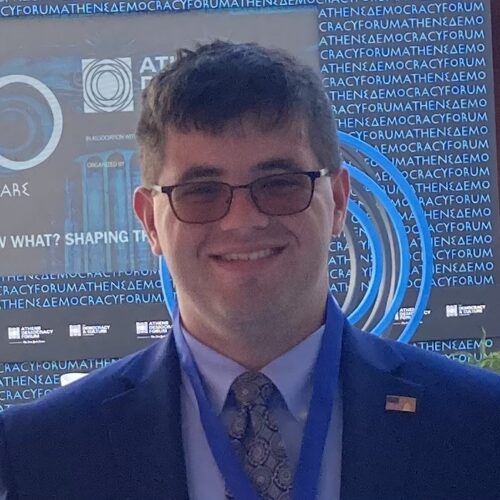
Thomas Pitney ’24, a double major in political science and French & Francophone studies at The College of Wooster, has been selected to serve […]
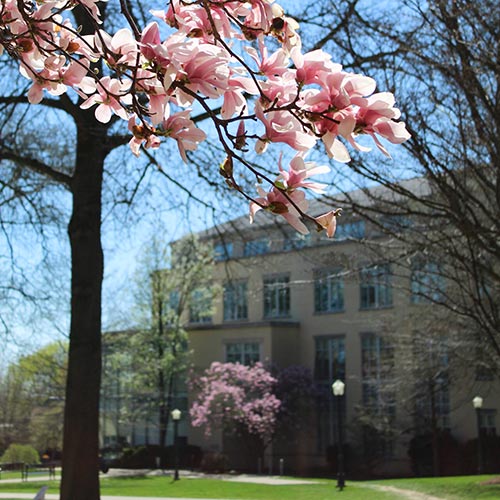
Two new graduates from The College of Wooster, Julie Larick ’24 and Abby Thomson ’24, have received Fulbright Awards to teach English abroad for […]
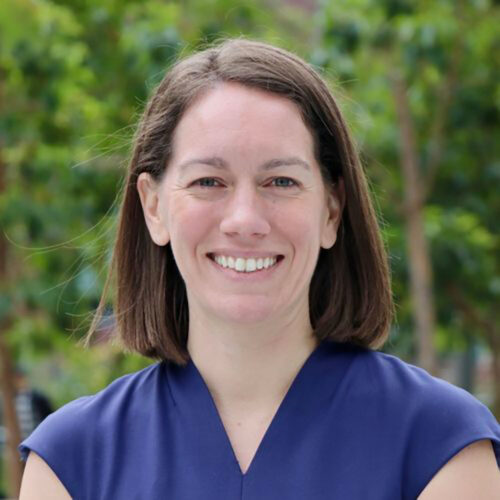
A high-voltage power line disrupts everyday life inside a Nepali village. An industrial park styled as disaster relief devastates Haiti’s most fertile farmland and […]
To learn for about the requirement please follow the Link